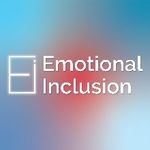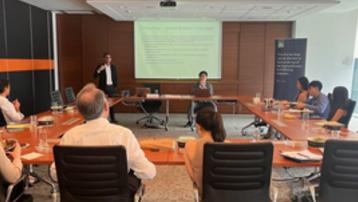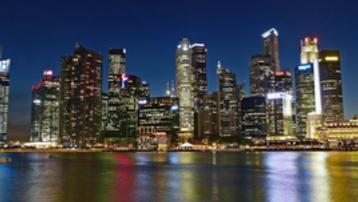Publications
FOCUS 75: Emotional Inclusion — An essential skill for creating an empathetic workplace

Mollie Jean De Dieu, General Manager at Longchamp Singapore and Malaysia, is a firm advocate of promoting positive mental health to help employees flourish in diverse companies.
In our conversation, you said, “Not looking at emotional wellness in the workplace is no longer an option in the backdrop of COVID.” How do you define adaptive resiliency in this context?
Absolutely. I coined the term ‘adaptive resiliency’ as we are living through extraordinary times in which every day brings on a new challenge. We must constantly adapt and fine tune our behaviours. It’s been called a “second pandemic” — the mental health implications of the global health crisis, political unrest, economic uncertainty, rising unemployment, social isolation, remote work, home schooling, and so much more. And while it can feel like the first pandemic has been with us long enough for employees to have accessed the necessary resources and strategies for handling their stress, the fact is, many of us are struggling more, not less.
Talking about mental health can feel tricky at best for some and terrifying at worst, for others. And it becomes a vicious cycle — the less people talk about it at work, the more the stigma grows. To break this cycle, we must address the issue proactively, strategically, and thoughtfully with organisations, big and small. We have a responsibility to our employees to create an open, inclusive and safe environment that allows them to bring their whole selves to work. Leaders at all levels need to put mental health “on the table” — to talk about it, invite others to talk about it, and work actively to make emotional inclusion in the workforce, the new norm. My podcast ‘Emotional Inclusion’ serves to do just that—I host global leaders with a voice to destigmatise mental health and where I advocate Emotional Inclusion. A lot still has to be done—according to global health insurer BUPA, 58% of senior leaders still find it hard to talk about mental health in the workforce. This has got to change.
We are witnessing a digital transformation of the retail industry – how can organisations retain or shape emotional inclusion in an increasing tech-services landscape?
The definition of Emotional Inclusion (Ei) in the workforce is a call to companies to invest in an in-house therapist, within their organisations, to care for the emotional wellbeing of their employees on a sustainable level. The Emotional Inclusion NGO provides a program to companies for this target. This being said, for companies that are not rolling out Emotional Inclusion and yet are still seriously vested in caring for the humanity of the individuals they lead within this new hybrid work realm we are in, should contemplate starting with conducting ongoing anonymous surveys to gage the temperature of how employees are doing and normalise the discussion around mental health by having senior leadership and employees alike share personal stories of hardship. Vesting time in truly listening to each employee and practicing flexibility wherever possible I think is not only powerful, but indispensably key as well given the times we are.

Mollie is Founder of the Non-Profit organization Emotional Inclusion in the workforce aimed at breaking down archaic business stereotypes and leading the way to a better emotionally acceptant corporate ecosystem. She also hosts the ‘Emotional Inclusion’ podcast (Spotify | iTunes) where she interviews global leaders with a voice to destigmatise mental health in the work force.

Interview with Mollie Jean De Dieu, General Manager at Longchamp Singapore and Malaysia, for FOCUS #75. To read more articles from this issue, download your digital copy here


